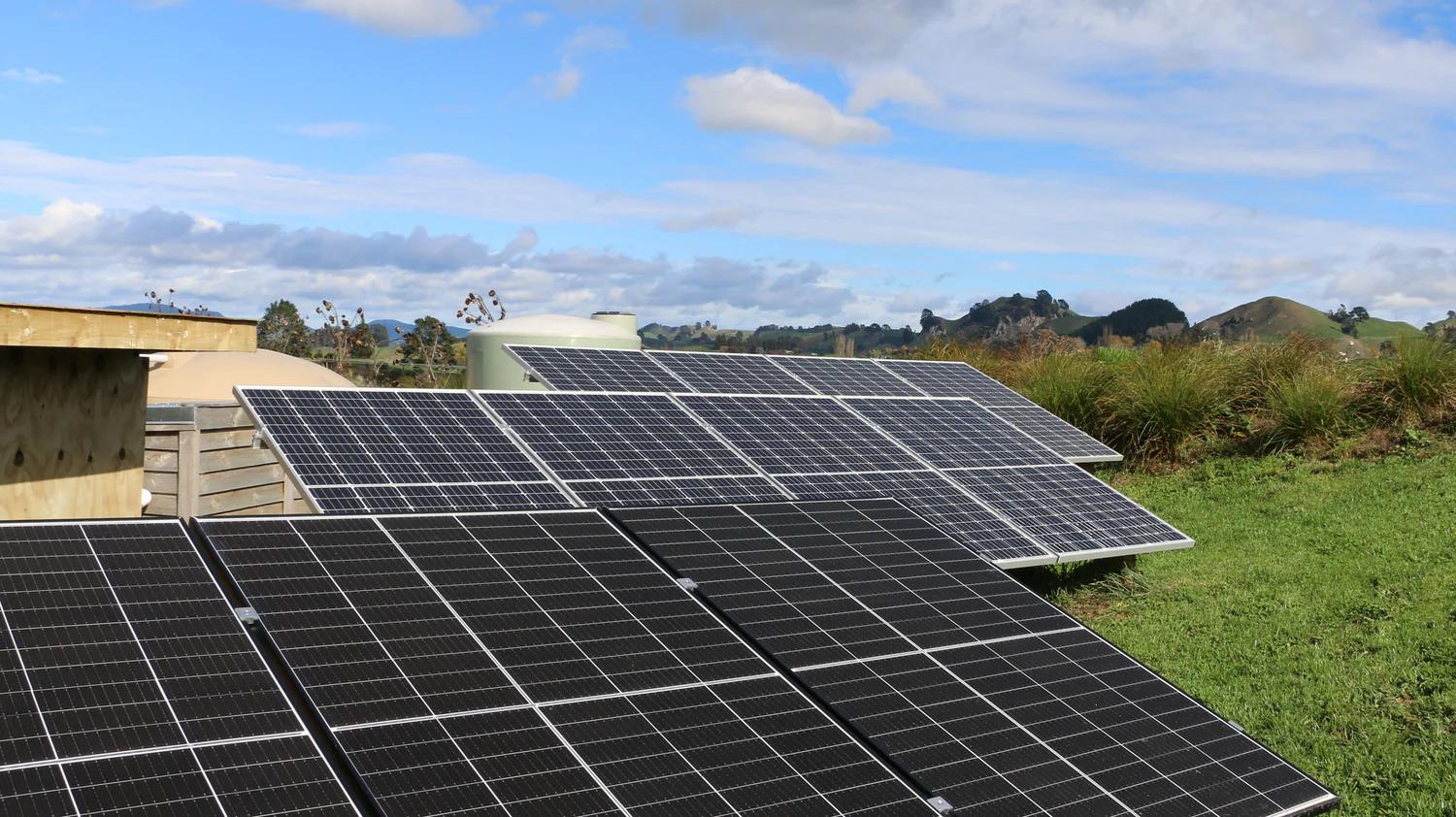Hello, I’m Courtney Carpenter, and today we’re diving into what affects the lifespan of solar panels. When investing in solar power, one of the most important things to consider is how long your panels will last. Knowing the factors that impact their durability can help you make the best choices and get the most out of your system.
In this blog, we’ll look at five main factors that influence the lifespan of solar panels. By understanding these, you can protect your investment and ensure you’re getting the highest value from your setup. And for those considering off-grid solar panel systems, GridFree’s solar options are designed to withstand the test of time.
1. Quality of Materials and Manufacturing
The materials used in your solar panels and the manufacturing process play a big role in how long they’ll last. High-quality panels are built to endure harsh weather and prolonged exposure to sunlight, meaning they’ll generally have a longer lifespan. Panels with high-quality silicon, for instance, often experience less wear and tear over time.
However, not all panels are created equal. Investing in reputable brands known for robust materials and reliable construction will ensure your panels work efficiently for decades. When you choose GridFree’s solar panels, you can be confident that you’re getting a product built with durability and quality in mind, specifically designed for off-grid conditions.
2. Weather Conditions and Environmental Impact
Weather conditions in your area have a direct effect on solar panel lifespan. Panels installed in regions with high levels of sunshine and mild temperatures may last longer than those exposed to extreme cold, heat, or heavy rain. While solar panels are designed to withstand various weather conditions, excessive hail, high winds, and large amounts of snow can still contribute to gradual wear over time.
In areas prone to severe weather, taking preventive measures, such as installing panels in slightly sheltered locations or reinforcing them against wind, can help protect your system. Regular inspections can also help you catch any damage early, so you can keep your panels functioning at their best.
3. Maintenance and Cleaning Practices
Maintenance is another key factor that impacts solar panel lifespan. While solar panels require little upkeep, regular cleaning and maintenance checks can go a long way in ensuring they work efficiently. Dust, bird droppings, and leaves can block sunlight from reaching the cells, reducing output and putting additional strain on the system.
To prevent this, a light clean every few months is ideal. You might simply rinse the panels with water or gently wipe them with a soft cloth. Avoid harsh chemicals, as they can damage the panels’ surface. With routine care, you can keep your panels operating at peak efficiency for longer.
4. Installation Quality and Positioning
How and where your panels are installed can greatly influence their longevity. Proper positioning, ensuring they receive ample sunlight throughout the day, is crucial. Panels facing the wrong direction or installed at an inappropriate angle may not work as efficiently, causing them to wear out sooner than they should.
Additionally, a professional installation is essential. Poor wiring or mounting can lead to issues that may reduce panel lifespan or even result in damage. Choosing reliable installers and consulting with professionals for off-grid setups, such as those offered by GridFree, ensures that your panels are optimally placed and securely installed.
5. Battery and Inverter Compatibility
In an off-grid solar setup, the compatibility between your solar panels, batteries, and inverter matters more than you might think. When the components of your system are well-matched, energy flows efficiently, reducing strain on each part of the setup. In contrast, mismatched components can lead to energy loss and potential damage, reducing the lifespan of your panels.
High-quality inverters and batteries help your solar panels function effectively without extra wear. GridFree provides integrated solutions, ensuring compatibility across all parts, so your off-grid system runs smoothly for years. A system that works in harmony will ultimately require fewer repairs and enjoy a longer service life.
Understanding the factors that impact solar panel lifespan can help you make informed decisions, protect your investment, and enjoy reliable solar power for years. By choosing quality materials, accounting for weather conditions, performing regular maintenance, ensuring professional installation, and using compatible system components, you’re well on your way to maximising the lifespan of your off-grid solar panels. And if you’re ready to start or upgrade your solar journey, consider GridFree’s solar panel options for a setup designed to last.



